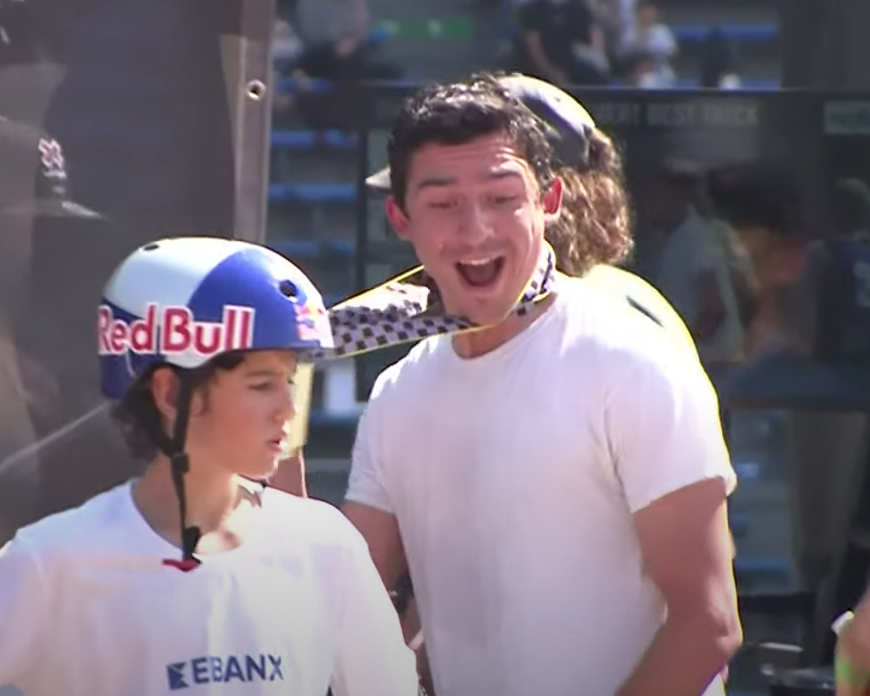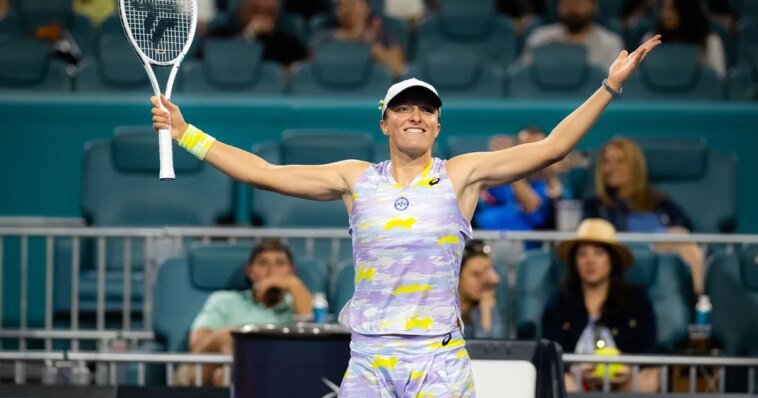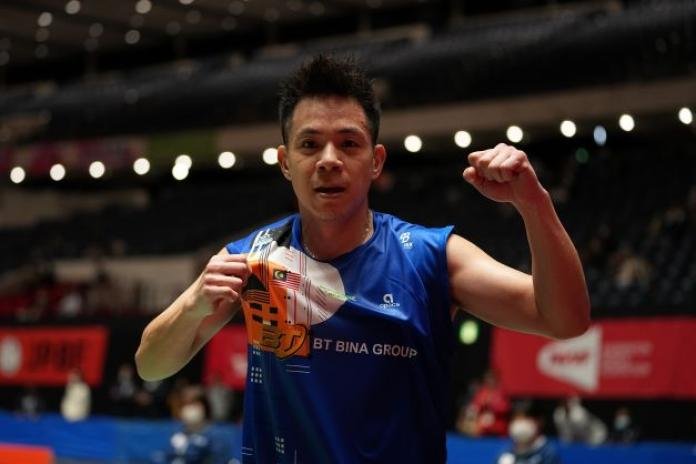The WTA and the IOC are taking different routes to reach the same goal in regards to Peng Shuai's allegations. Both might be right.
| The International Olympic Committee has explicitly decided to pursue an avenue of ‘quiet diplomacy with the People’s Republic of China, particularly in regards -but probably not limited to-the Peng Shuai (CHN) case. Shuai, 2013 Wimbledon and 2014 Roland Garros Champion, last month “accused a retired top Chinese Communist Party official of sexual assault” (ABC) in Weibo, a social media platform, with a post that was deleted within minutes. The post included the phrases: “I have no evidence, and it is impossible to leave evidence at all. … You are always afraid of what recorder I bring, leaving evidence or something…But even if I become like an egg hitting against a rock and like moths extinguished in the flame, I will tell the truth about you.” (ABC) After that, she has backtracked from any claims that she was sexually assaulted, included in an email to a Chinese state-affiliated media and last week to a Singaporean news outlet, which briefly interviewed her. In the clip, she says: “First of all, I want to emphasize that it is very important that I never said anything nor have I written anything about anybody sexually assaulting me”. The Women’s Tennis Association is not satisfied. Three weeks ago it announced (WTA) that it would suspend all its tournaments in China, citing Peng’s censorship and that “unfortunately, the leadership in China has not addressed this very serious issue in any credible way”. The position did not change after Pengs’s statements and the WTA “remain steadfast in our call for a full, fair and transparent investigation, without censorship, into her allegation of sexual assault, which is the issue that gave rise to our initial concern”. Meanwhile, the International Olympic Committee has defended its position to engage China via ‘quiet diplomacy’. The IOC President had a couple of calls with her, “during which she explained her situation and appeared to be safe and well, given the difficult situation she is in” (IOC) however they did not ask her about the allegations (NY Times). Juan Antonio Samaranch Jr., an IOC member, and son of a former IOC President said “don’t write it off the silent diplomacy, it’s a very powerful tool and we plan to stick to that” (CNN). There is no doubt that the IOC will stick to that. China is the next Olympic host, has the largest audience, and has brought in some deals worth hundreds of millions of dollars. In the ideal world, the IOC should be more energetic in the situation. Indeed choosing China as an Olympic host perhaps is a mistake. However, it is also to note that the stakes are different. If the IOC went on to police every instance of irregularity or wrongdoing from politicians from each country it deals with, it would be impossible to keep the IOC as a politically neutral organization, which is a reason why it has been able to exist in the first place without disbanding. And the world is better off with the IOC than without it. As for the WTA, it is convenient for its business to deal with China but it is also convenient with its audience -and that’s a good thing- to demand accountability when a member of its main stakeholder (the players) denounces sexual harassment. The WTA can survive without tournaments in China or any other country, but the IOC cannot survive if countries start disbanding it. Pressure can influence actions. Friendship and dialogue can also heavily influence actions for the better. By no means such friendship should. be apologetic of wrongdoing but sometimes an action that is not the most politically correct is the most intelligent decision for pursuing the same goals. Here indeed the first goal is to ensure that Peng Shuai is doing well, and secondly to generate the conditions for avoiding something like this from happening in the future (assuming that she was indeed sexually assaulted) and to investigate potential wrongdoing. There are different avenue lanes and it is good to have different lanes. If one is stuck in traffic or there is an accident, the other one keeps on flowing, as long as the bottom-line remains the same, and for as much as it can be controversial. An organization that can stand controversy to do what they think is right is a stronger organization. The WTA and IOC are probably both doing it. |





